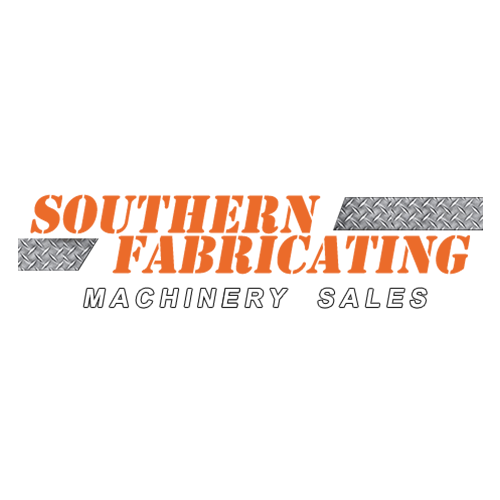
Posted By: Southern Fabricating Machinery Sales | Posted On: August 5, 2019
Buying New vs. Used Machinery
Being the manager of a business can be a hard job. For example, there's the strict focus required to ensure proper cash flow as well as making sure you are hiring the right people and putting them in a place they can achieve success. No matter the issue, each day you know walking in that it is not a matter of if something unplanned will happen today but, instead, knowing that something will happen.
So, as a manager, one of the best skills is to learn how to decrease these variables. One way is through buying good equipment, whether new or used. Even more important is the primary maintenance of, and attention paid to, your equipment.
The best way to look at it is as though the equipment is another employee. Something that is alive and breathing, just like you and me. If you focus on your equipment like this, you will not only have less headaches but you will make more money—which is what we all want.
Ask the Right Questions
In the manufacturing industry today, the supply of equipment has made a 180 degree change from just a few years ago when commodity prices were higher and profit margins faced less pressure. When commodity prices were higher, machinery demand generally dwarfed supply. Whereas today, with commodity prices being lower, profit margins are tighter and machine tool supply is higher than demand. A lot of the machines on the market are from companies that ran a good business—they just ran it in the wrong industry and became exposed when commodity prices dropped as low as they did. This offers a huge opportunity for the smart buyer—assuming they know what to look for and what questions to ask.
Know what you should be looking for by first knowing what you need. Many times, buyers go into a purchase without defining a budget that accounts for all of the costs associated and technology needed. Having this will help you and your dealer find the right piece of equipment at the right price faster. So be sure to prepare some questions about the ancillary costs associated with buying the machine (transportation, documentation, etc.) as well as specific functionalities and how the technology behind the machine works.
By making sure you are educated in the equipment—including its cost and its technology—you are not starting in a broad section of equipment but a small one, which helps you focus on what you need. This also means less wasted time and money, which is what we should all aim to do with all business practices. It has to start somewhere and the top is the best place. So, do your homework and educate yourself so you can then educate your staff and customers.
Detail, Detail, Detail
Make sure to buy only what you need—not what you think you might need or might use. Additionally, you can save a substantial amount of money by buying used even if you are going to have costs to repair or update. A huge advantage to buying used is that you can rebuild a machine—making it new while saving a large amount as said earlier.
New equipment faces large tariffs or taxes when coming into the states and there is no way around it. Who pays these taxes? You do when you buy a new machine. It is just like a new car once you pull off of the lot: You pay a premium for nothing except looks and a warranty you'd better not use.
Consider this: Do you look at all of the used equipment that's been in your facility for years now and think it is junk? Unless you bought a lemon, you generally do not because those are the machines making you a living.
The key is to make sure you go see the machine yourself. Review the business around you. Just like you run a tight ship and take care of your equipment, so too do the used machine dealers and sellers.
The advantages of buying used machinery over new are many, but the main thing to consider is the question of ego. If you can get there in a Honda, do you need a Rolls Royce? In most situations, your work does not need the shiny new Rolls Royce that you are going to beat up every minute of every day. So, save yourself (and your balance sheet) some stress and make sure you are looking at used vs. new equipment, because you owe it to you and your employees to get it right!
Remember, it is only about getting the job done on time and to the customer specifications while offering a competitive price. Cheaper equipment also offers you the ability to increase your margins on a job you do not need to raise the price on. However, there are times when new equipment might have the technology that is not available on used equipment—then you need new. Just learn and make sure you are buying, and not being sold a machine!






